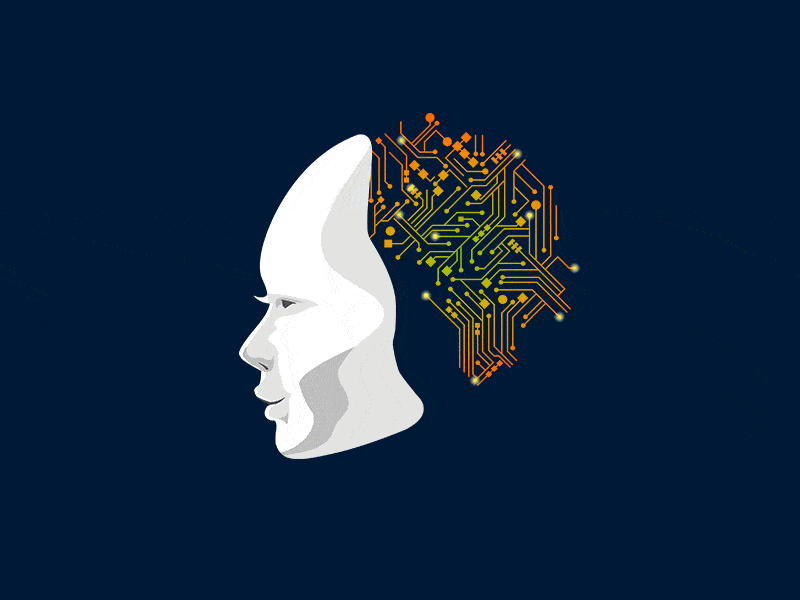
How Artificial Intelligence is Transforming Clinical Trials
Artificial Intelligence (AI) is revolutionizing industries worldwide, and clinical trials are no exception. With its ability to process vast amounts of data, identify patterns, and generate insights, AI is transforming how clinical trials are designed, conducted, and analyzed. The integration of AI is not only accelerating the drug development process but also enhancing precision and efficiency.
Key Applications of AI in Clinical Trials
- Patient Recruitment and Retention: AI algorithms analyze electronic health records (EHRs), medical databases, and social media to identify eligible participants. By matching patients to trials based on specific criteria, AI minimizes recruitment time. Additionally, AI-driven tools monitor patient engagement and predict dropout risks, helping improve retention.
- Trial Design Optimization: AI supports the development of adaptive trial designs by simulating various scenarios and identifying the most effective strategies. It ensures efficient allocation of resources and reduces costs.
- Predictive Analytics: Machine learning models analyze historical data to predict outcomes, patient responses, and potential adverse events. This enables researchers to make informed decisions and minimize risks.
- Real-Time Monitoring: AI-powered systems enable real-time data monitoring, allowing researchers to identify anomalies or trends immediately. This enhances patient safety and ensures protocol adherence.
- Natural Language Processing (NLP): NLP tools extract valuable insights from unstructured data, such as physician notes, medical literature, and patient feedback, facilitating comprehensive analysis.
Benefits of AI in Clinical Trials
- Faster Trials: By automating time-consuming tasks such as data analysis, patient matching, and monitoring, AI significantly shortens trial timelines.
- Improved Accuracy: AI reduces human errors in data entry and analysis, ensuring higher data integrity.
- Cost Savings: AI streamlines operations, reducing resource wastage and overall trial costs.
- Enhanced Personalization: AI tailors treatments to individual patients by identifying biomarkers and predicting responses, contributing to the advancement of precision medicine.
Challenges of Implementing AI
- Data Privacy: Protecting sensitive patient data and ensuring compliance with regulations like GDPR and HIPAA is critical.
- Bias in Algorithms: AI models may inherit biases from training data, potentially affecting fairness and accuracy.
- Integration with Existing Systems: Incorporating AI into legacy systems and workflows requires careful planning and investment.
The Future of AI in Clinical Trials
As AI continues to evolve, its potential in clinical trials is limitless. Innovations like virtual trials, wearable devices for remote monitoring, and AI-driven patient support tools are poised to redefine the industry. By addressing current challenges and fostering collaboration between AI developers and clinical researchers, we can unlock new opportunities to bring life-saving treatments to patients faster and more efficiently. AI is transforming clinical trials by improving efficiency, reducing costs, and enhancing patient outcomes. As the healthcare industry embraces AI-driven solutions, clinical trials are becoming more adaptive, precise, and accessible, paving the way for a new era in drug development.


























































